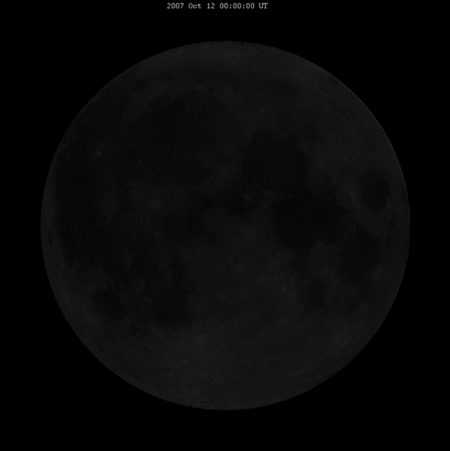Evelin and I have just returned from a wonderful (laid-back, serendipitous) and highly enjoyable three weeks in Portugal, touring around with abandon (with my brother Jim and his wife Bonny). This was my third visit to this great little country, and we were blessed to meet up with a number of designer colleagues and educators as we toured.
A fuel-efficient, diesel-engined Opel Astra carried the four of us and our modest baggage comfortably, allowing travel to wherever we wanted whenever we wanted. Airbnb accommodations worked out great, and were very affordable — we only booked “5-star” rated places, often just the night before… Baleal (3 nights), Arcozelo (2 nights, close to Porto and Braga), Tomar (2 nights), Melides (2 nights), Aljezur (2 nights), Vila do Bispo (1 night), Porches (4 nights, with an Algarve beach practically to ourselves), Lisbon (1 night), and Cascais (3 nights, close to Lisbon and Sintra).
Due to my food alergies I did the cooking daily, and Jim took on the facility-booking and driving responsibility (he’s an excellent driver). We truly enjoyed each others’ company, the fine people and hospitality we encountered, the spectacular scenery, the seafood, and of course the wine…
Below is a small sampling of the many photos I took. More can be viewed in a Facebook gallery, here.
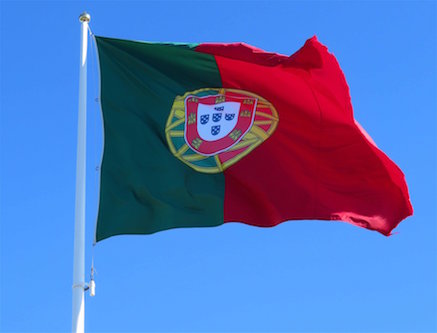
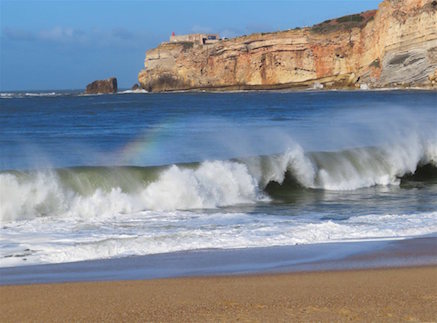
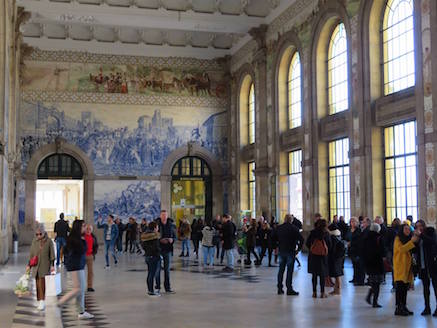
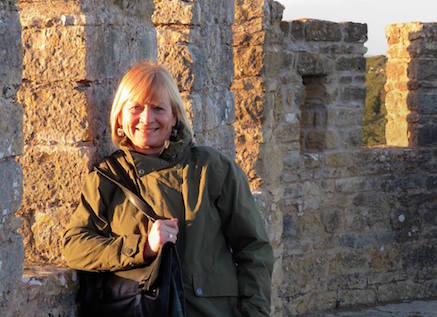
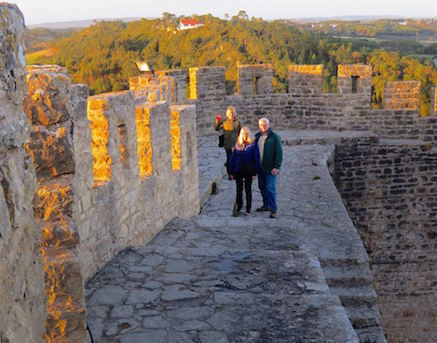
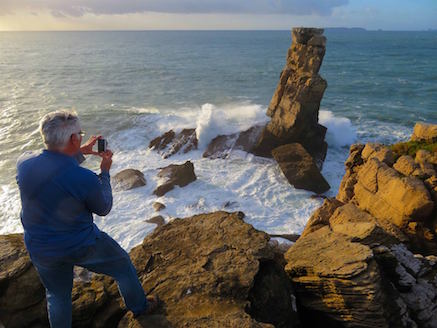
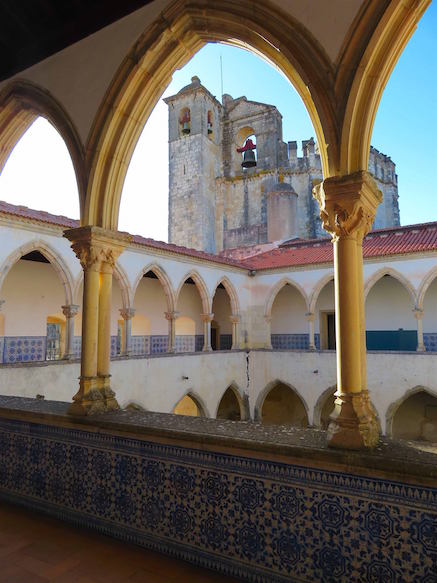
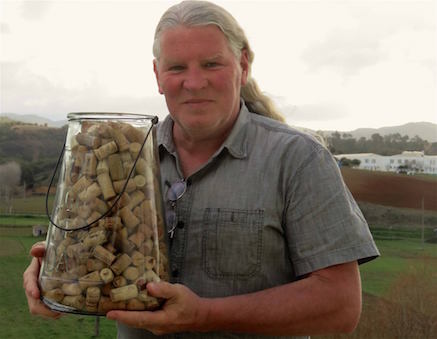
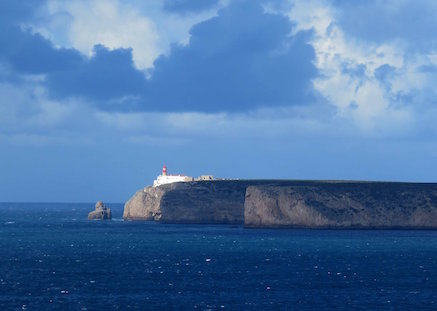
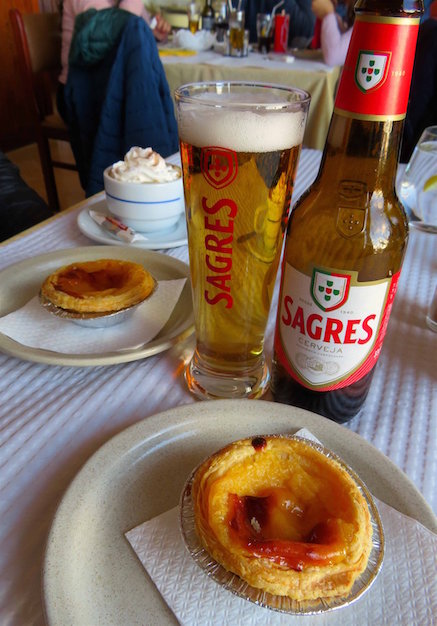
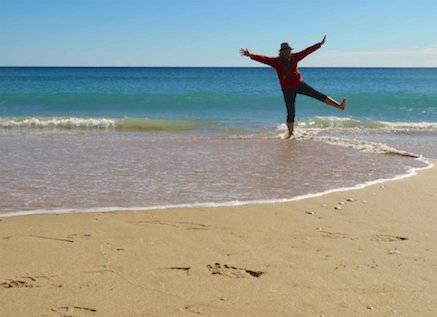
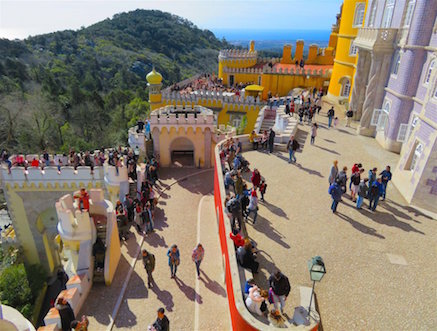
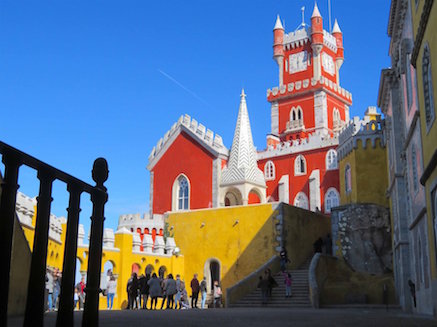
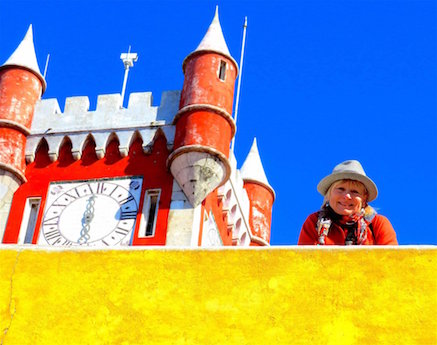
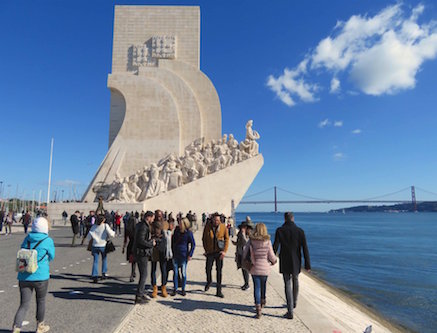
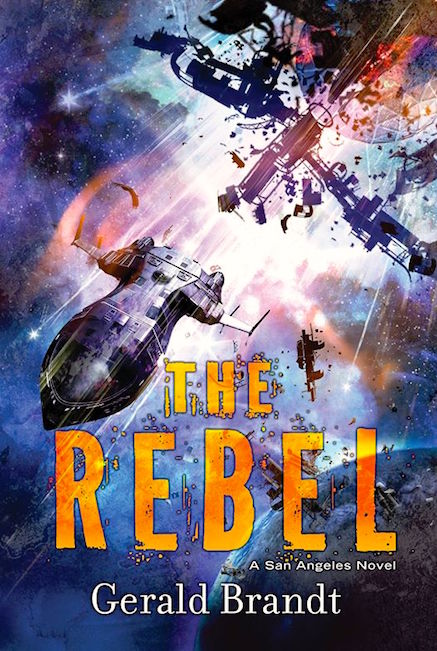

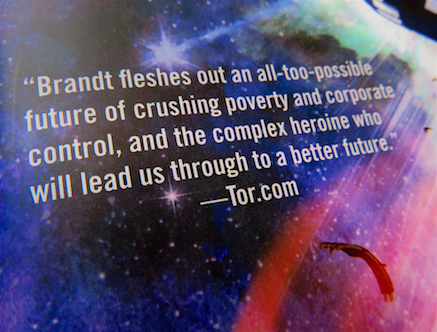
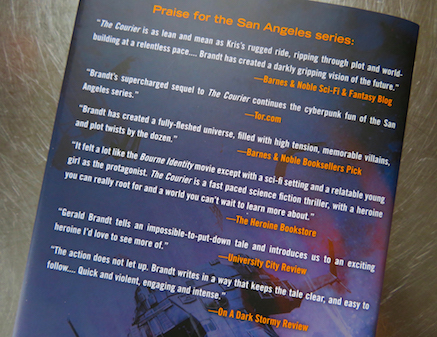
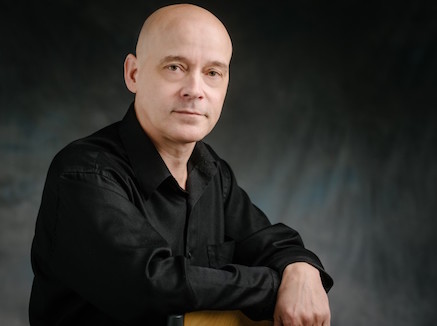
Winnipeg, Manitoba
My good friend Gerald Brandt’s third novel in the San Angeles trilogy, a thrilling “near-future cyberpunk sci-fi series,” has just been released by Penguin/DAW. Gerald’s “darkly gripping vision of the future” offers a tense, fast-paced, “impossible-to-put-down” tale that keeps readers on the edge of their seat, with a very relatable young heroine as the embattled protagonist. The Rebel is launching locally at McNally Robinson on Monday evening, and we look forward being there for it!
I first got to know Gerald in the 1990s when I took up rock climbing — he and his lithe twin brother were good instructors and a decade younger than I was — we bonded almost immediately (in that way that only those who put their lives into each other’s hands can do) and we became good climbing mates, with countless weekends on nearby cliffs along with unforgettable climbing expeditions in the Rockies. (Yes, Gerald’s climbing prowess makes an appearance in his San Angeles narratives).
Ev and I were pleased and honoured last night to be able to host Gerald and his partner Marnie for dinner — a real shock (and a sudden wave of tears) came when he presented me with a signed copy of The Rebel and I opened the book… Talk about chuffed! I’ve never had a book dedicated to me before…
Thanks Gerald!
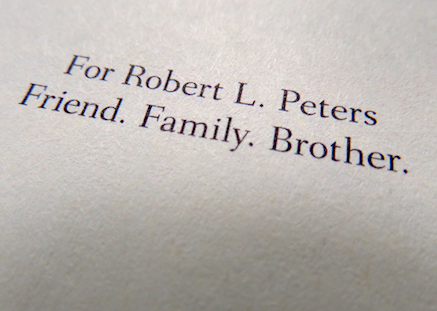
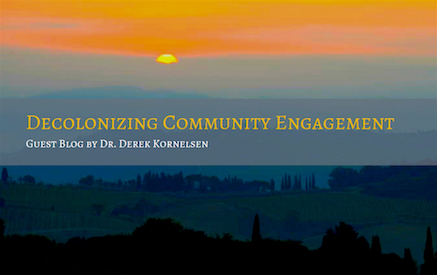
Guest Blog by Dr. Derek Kornelsen
Recently, terms like decolonization and community engagement have become buzzwords in popular discourses about Indigenous health research. But what does decolonization actually mean? How can we really try to decolonize community engagement? If this is to make any sense, and provide any kind of realistic guide for action, we need to start by gaining some sense of how colonization has impacted — and continues to impact — Indigenous communities and Western academic/research institutions. Only then can we consider why community engagement matters and what a decolonized form of community engagement might look like.
Settler Colonialism in Canada
A good starting point for understanding colonialism in Canada is to recognize that there is a distinct form of colonialism at work here — both past and present. This form is called settler colonialism. Typical understandings of colonialism usually refer to a situation where a colonial entity oppresses and manipulates foreign peoples in order to extract wealth and resources — India and South Africa are key examples. In these cases, there is a point at which we see the colonial power officially leaving, and the colonized peoples achieving some level of independence. On the other hand, in cases of settler colonialism, the colonial entity doesn’t leave, but continues to bring in more and more settlers in order to reproduce itself in the colonized space — Canada, USA, Australia, and New Zealand are the usual suspects here. The particularly horrifying aspect of this practice — as scholars like Patrick Wolfe have discussed in depth — is that, in order to reproduce itself in a given place, the settler colonial entity must ‘destroy to replace’. In Canada, we’ve seen this through overt genocidal acts that morphed into the kinds of cultural genocide that have occured throughout the residential school era.
Read more here…
Dr. Derek Kornelsen is an Assistant Professor in the Department of Community Health Sciences at the University of Manitoba. His research focuses on examining/contrasting Western and Indigenous philosophies and institutional frameworks, with a particular emphasis on developing a theoretical framework grounded in an understanding of the dynamics and impacts of Settler Colonialism. This theoretical framework enables a sensitivity to 2 key under-researched areas in Indigenous health and wellness research: the impacts of the disruption of Indigenous peoples’ relationships with land and environment; and strategies for decolonizing key institutions that Indigenous peoples must access (health as well as political, legal, educational, economic institutions). Broadly speaking, this theoretical frame contributes to the development of robust Indigenous determinants of health and wellness. He is currently involved in developing a number of local, national, and international research projects and partnerships in areas of environmental health and Indigenous health and wellness.
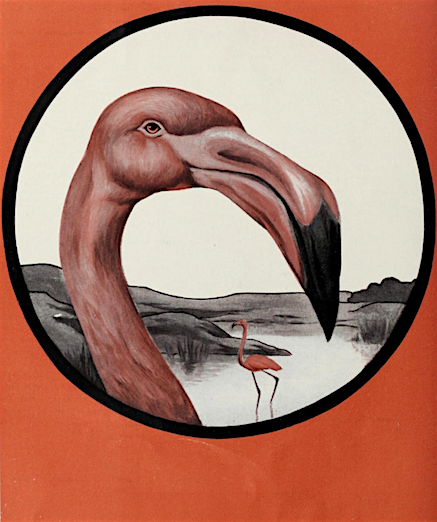
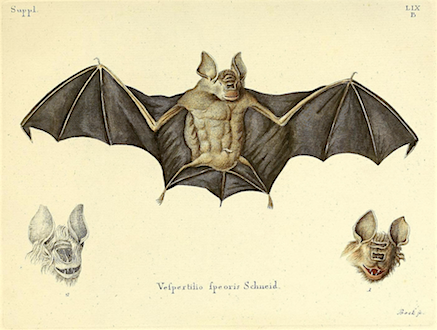

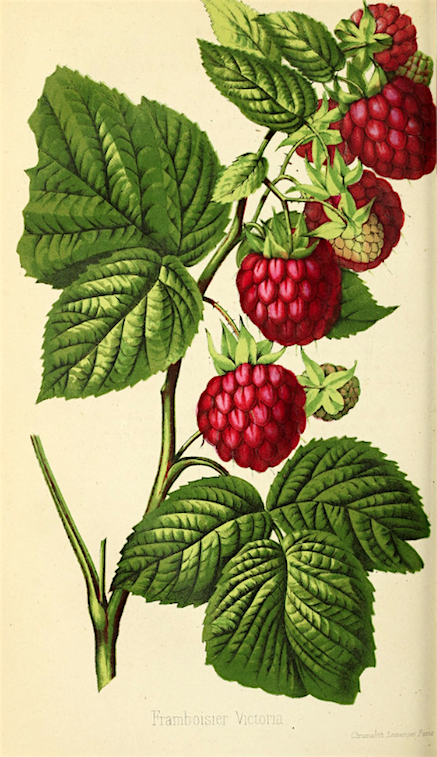
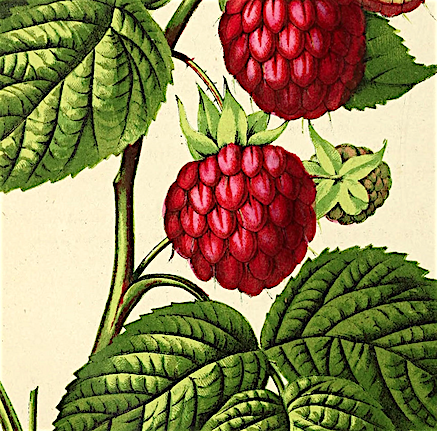
The Biodiversity Heritage Library (BHL), an “open access digital library for biodiversity literature and archives,” has for many years been making it easy for people to connect to nature through nature writing and illustration. Its “first stream,” currently at 122,281 images, has been carefully curated, and includes searchable galleries and albums divided by book title or subject, such as “Exotic botany illustrated,” “The Birds of Australia v.1,” and “Bats!” Its “second stream,” consisting of over 2 million images, is a massive grab-bag of photos, illlustrations from nature, advertisements, and imaginative renderings.
This digital library offers potential for chance discovery through “the aimless wandering that often leads to serendipitously sublime experiences.” The image archives “offer expansive views of humanity’s encounter with the natural world, not only through statistics and academic jargon, but through the artistic recording of wonder, scientific curiosity, and deep appreciation.” Many of the images allow “zooming in” to carefully observe details of the artists’ illustrative processes.
Enjoy! (source)
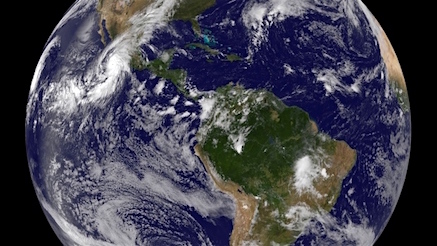
More than 15,000 scientists around the world have just issued a global warning: there needs to be change in order to save Earth. It comes 25 years after the first notice in 1992 when a mere 1,500 scientists issued a similar warning.
“To prevent widespread misery and catastrophic biodiversity loss, humanity must practice a more environmentally sustainable alternative to business as usual. This prescription was well articulated by the world’s leading scientists 25 years ago, but in most respects, we have not heeded their warning. Soon it will be too late to shift course away from our failing trajectory, and time is running out. We must recognize, in our day-to-day lives and in our governing institutions, that Earth with all its life is our only home.”
Read the full CBC article here…
Earlier this year I received the following message (a “friendly admonition” is how it landed on my shores), from a kind gentleman in Munich, Germany…
Hello Mr. Peters, I’m a long time fan of your site. I’ve missed your posts lately. Hope all is well & you share interesting things with the world again! Regards!
— David
For a number of reasons (that I won’t get into here and now) I have not found the energy to “post” to this long-running personal blog the way I used to, but it’s really not that I haven’t wanted to. This “News+” blog has been an effective way of sharing links, ideas, opinions, information, inspiration, and interesting viewpoints of others (“Weltanschauungen” I would say), for well over a decade. Though the blog’s “traffic” is down considerably from the 300+ daily visits it used to have (understandable, with no new posts), I know of many friends and contacts and relationships around the globe that have been seeded and nurtured through these keystrokes. So, yes, “Thank you, David!”… you have my word that I’ll try to pay a little more attention to “sharing interesting things with the world again.”
Cheers!






























